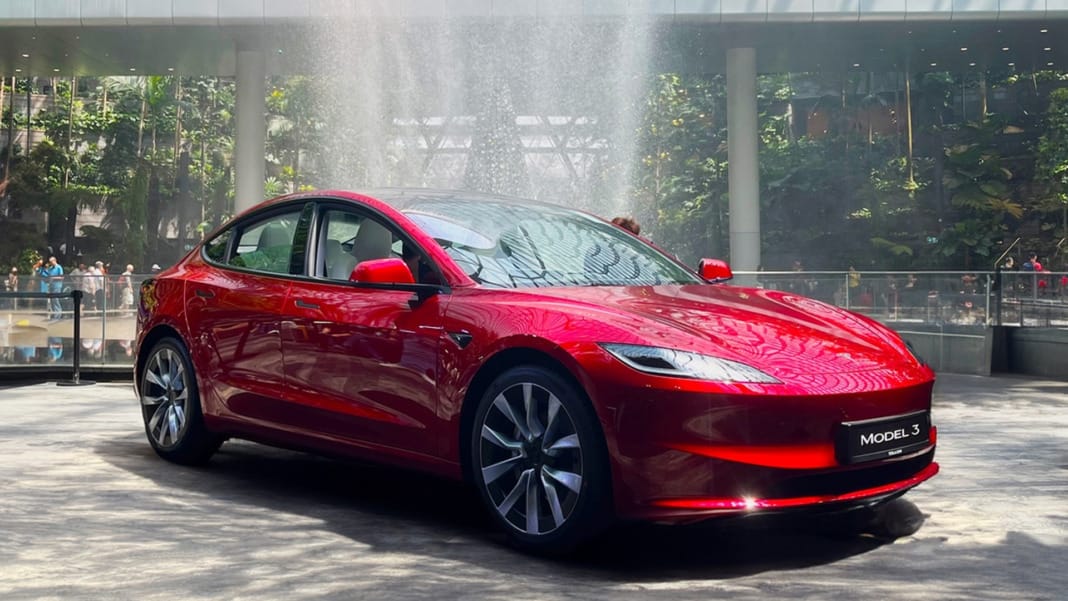Tesla’s remarkable effort in the last quarter of 2023, delivering a record number of electric vehicles, was unexpectedly eclipsed by China’s BYD, who snatched the title of the top EV manufacturer.
Tesla showcases impressive delivery numbers
From October to December, Tesla handed over an astounding 494,989 EVs. Despite this impressive performance, the company was narrowly outdone by BYD, backed by Warren Buffett, which delivered 526,409 vehicles, mainly in China. This development signals a trend towards more affordable car models in a global context of high interest rates.
Tesla’s vigorous end-of-year sales strategy enabled it to reach nearly 1.8 million vehicle deliveries in 2023, falling short of Elon Musk’s ambitious goal of 2 million. Over the year, Tesla outperformed BYD, which achieved a total of 3.02 million deliveries, including around 1.4 million plug-in hybrid EVs.
Tesla’s stock remained relatively stable on Tuesday, reflecting the overall trend in the stock market.
Competitive pricing reshapes the market
BYD’s delivery success is attributed to its effective price reduction strategy. According to Susannah Streeter, head of money and markets at Hargreaves Lansdown, this competitive pricing could affect both companies’ profit margins. Nevertheless, BYD views this strategy as a worthwhile investment for gaining market share and brand recognition.
To boost sales, Tesla introduced discounts and incentives like six months of free, fast charging for deliveries completed by the end of December. This initiative was partly in response to the upcoming loss of U.S. federal tax credits for specific Model 3 variants in 2024.
Tesla reported an 11% increase in sales compared to the previous quarter, surpassing analysts’ expectations. Following a production hiatus in the third quarter for upgrades, the company manufactured a record 494,989 vehicles in the quarter, culminating in a total production of 1.85 million units for the year.
Industry challenges and regulatory scrutiny
Gary Bradshaw, portfolio manager at Hodges Capital, a Tesla investor, noted that Tesla’s delivery figures significantly outshine those of U.S. car manufacturers. However, the broader EV market is experiencing a slowdown, as demonstrated by Rivian’s failure to meet market projections.
This decline in demand has prompted American automakers, including Ford and General Motors, to reevaluate their EV production capacity strategies with more caution.
Tesla is also facing regulatory examination concerning its self-driving technology. The company recently recalled over 2 million vehicles to update the Autopilot system following safety concerns raised by federal regulators. Consumer Reports raised doubts about the adequacy of these updates in preventing misuse and driver distraction.
Pricing strategies and tax credit impact
Analysts believe Tesla might need to continue its price reductions, started in January of the previous year, to sustain consumer demand in light of the gradual expiration of tax incentives under the Inflation Reduction Act. Seth Goldstein, an equity strategist at Morningstar, suggests that Tesla’s price cuts were largely a reaction to increased interest rates, indicating that it might maintain its pricing if borrowing costs decline.
Most of Tesla’s deliveries in the quarter were Model 3 and Model Y vehicles, but it remains to be seen if this number includes the newly introduced Cybertruck.





